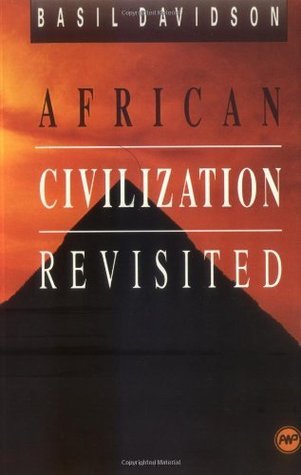Basil Risbridger Davidson was an acclaimed British historian, writer and Africanist, particularly knowledgeable on the subject of Portuguese Africa prior to the 1974 Carnation Revolution .
He has written several books on the current plight of Africa. Colonialism and the rise of African emancipation movements have been central themes of his work.
He is an Honorary Fellow of the London School of Oriental and African Studies (SOAS).
From 1939, Davidson was a reporter for the London "Economist" in Paris, France. From December 1939, he was a Secret Intelligence Service (SIS)/MI-6 D Section (sabotage) officer sent to Budapest (see Special Operations Europe, chapter 3) to establish a news service as cover. In April 1941, with the Nazi invasion, he fled to Belgrade, Yugoslavia. In May, he was captured by Italian forces and was later released as part of a prisoner exchange. From late 1942 to mid-1943, he was chief of the Special Operations Executive (SOE) Yugoslav Section in Cairo, Egypt, where he was James Klugmann's supervisor. From January 1945 he was liaison officer with partisans in Liguria, Italy.
After the war, he was Paris correspondent for "The Times," "Daily Herald" ,"New Statesman", and the "Daily Mirror."
Since 1951, he became a well known authority on African history, an unfashionable subject in the 1950s. His writings have emphasised the pre-colonial achievements of Africans, the disastrous effects of the Atlantic Slave Trade, the further damage inflicted on Africa by European colonialism and the baleful effects of the Nation State in Africa.
Davidson's works are required reading in many British universities. He is globally recognized as an expert on African History.
He currently lives in Staffordshire.

